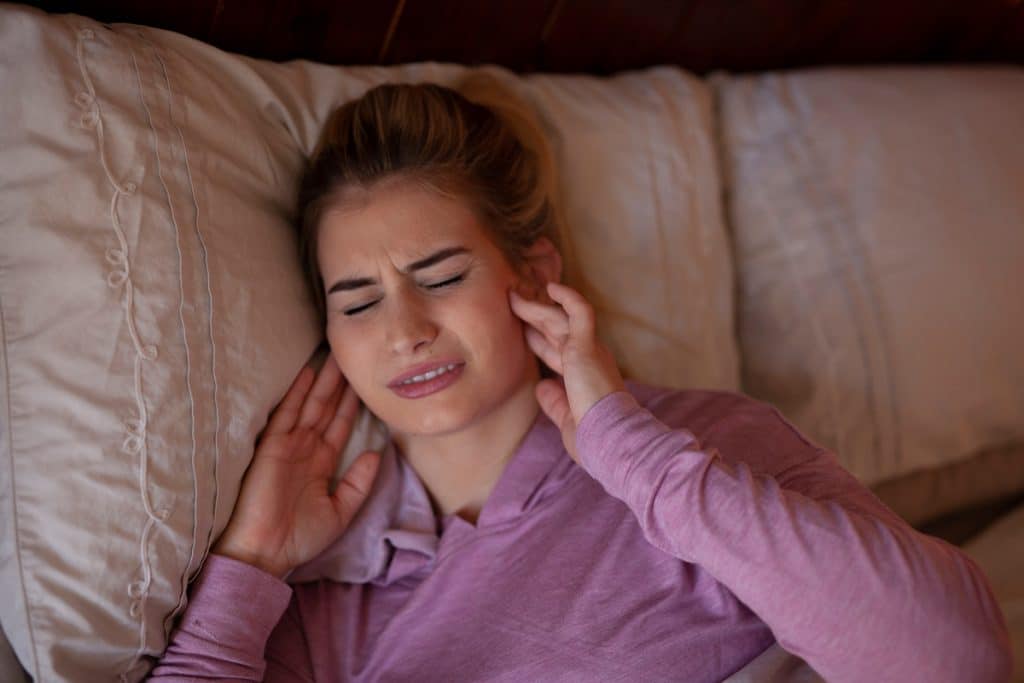TMJ and Headaches: What's the Connection?

A persistent headache can disrupt your entire day, making it difficult to focus, work, or even relax. While many people reach for pain relievers, the source of the headache isn't always obvious. If you experience chronic headaches, especially those concentrated around your temples, behind your eyes, or in your neck and shoulders, the issue might actually be related to your jaw. The temporomandibular joint (TMJ) connects your jawbone to your skull, and when it isn't functioning correctly, it can lead to a wide range of uncomfortable symptoms, including frequent and severe headaches.
Understanding the link between your jaw health and headaches is the first step toward finding lasting relief. At our practice, we often see patients who have struggled with head pain for years without realizing it stems from a treatable jaw condition. We are here to help you understand this connection and explore effective solutions.
How TMJ Disorders Cause Headaches
The temporomandibular joint is one of the most complex joints in your body, responsible for moving your jaw up and down and side to side. When this joint is inflamed, damaged, or misaligned due to a TMJ disorder, the surrounding muscles must work overtime to compensate. This constant strain and tension in the jaw muscles can radiate to other areas, leading to what is known as a tension headache.
This pain often presents as a dull, aching sensation that can wrap around your head like a tight band. You might also notice that your headaches are more frequent in the morning, which can be a sign of clenching or grinding your teeth (bruxism) during sleep. This nocturnal activity places immense pressure on the TMJ and is a common contributor to both jaw pain and chronic headaches.
The Role of Referred Pain
Referred pain is a key concept in understanding the connection between TMJ issues and headaches. This type of pain is felt in a location other than its actual source. The head, neck, and jaw share an intricate network of nerves and muscles. When the TMJ is stressed, it can trigger pain signals that are interpreted by the brain as coming from somewhere else, such as the forehead or temples.
This is why TMJ-related headaches are often misdiagnosed as migraines or sinus headaches. The trigeminal nerve, a major nerve responsible for sensations in the face, is located very close to the temporomandibular joint. Irritation of this nerve due to TMJ dysfunction can directly result in headache pain that feels deep and persistent. Identifying the true source of the pain is crucial for effective treatment.
Symptoms That Point to a TMJ Connection
Distinguishing a TMJ-related headache from other types can be challenging, but there are several accompanying symptoms that can point to your jaw as the culprit. If you experience frequent headaches along with one or more of the following signs, it may be time to have your jaw evaluated. Be mindful of a clicking or popping sound when you open or close your mouth, pain or difficulty while chewing, and tenderness in your jaw, face, neck, or shoulders.
Other common indicators include a feeling of your jaw getting "stuck" or "locked" in an open or closed position, or a sudden uncomfortable bite that feels as if your upper and lower teeth are not fitting together properly. These symptoms, when paired with chronic headaches, strongly suggest that a TMJ disorder is the underlying cause.
Finding Relief for TMJ-Related Headaches
If you suspect your headaches are linked to a TMJ disorder, the good news is that effective treatments are available. Our approach focuses on diagnosing the root cause of the problem to provide long-term relief rather than just managing symptoms. Treatment plans are tailored to your specific needs and can range from simple lifestyle adjustments and physical therapy to custom-fitted oral appliances that prevent grinding and properly align the jaw. By addressing the jaw dysfunction, we can alleviate the muscle tension that leads to headaches.
Frequently Asked Questions About TMJ Treatment
Can stress make TMJ headaches worse?
Yes, stress is a significant factor in TMJ disorders and related headaches. When you feel stressed, you are more likely to clench your jaw or grind your teeth, often unconsciously. This increases pressure on the temporomandibular joint and surrounding muscles, which can trigger or intensify tension headaches.
What does a TMJ headache feel like?
A TMJ headache often feels like a tension headache, typically described as a constant, dull ache on one or both sides of the head. The pain may be centered around the temples, behind the eyes, or radiate to the neck and shoulders. Unlike some migraines, TMJ headaches are not usually accompanied by visual disturbances but can be associated with jaw soreness and earaches.
At Imperial Dental Associates, we provide comprehensive, patient-centered dentistry for the whole family in Westport, CT. Our experienced, all-female team is dedicated to helping you achieve optimal oral and overall health in a comfortable environment. To learn more or schedule an appointment, please contact us today.
